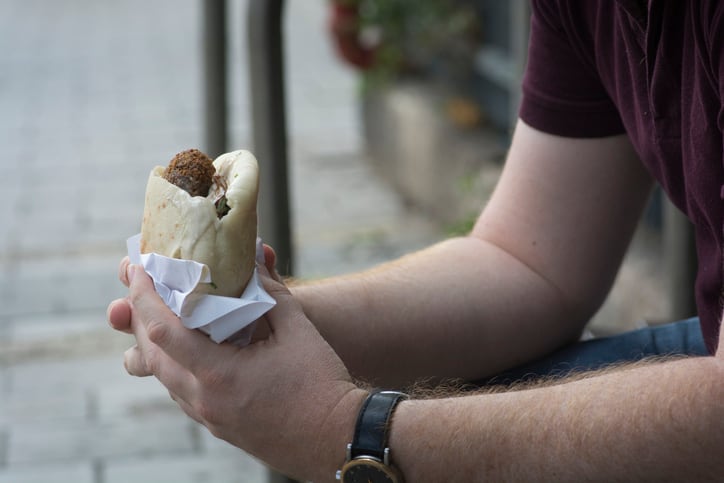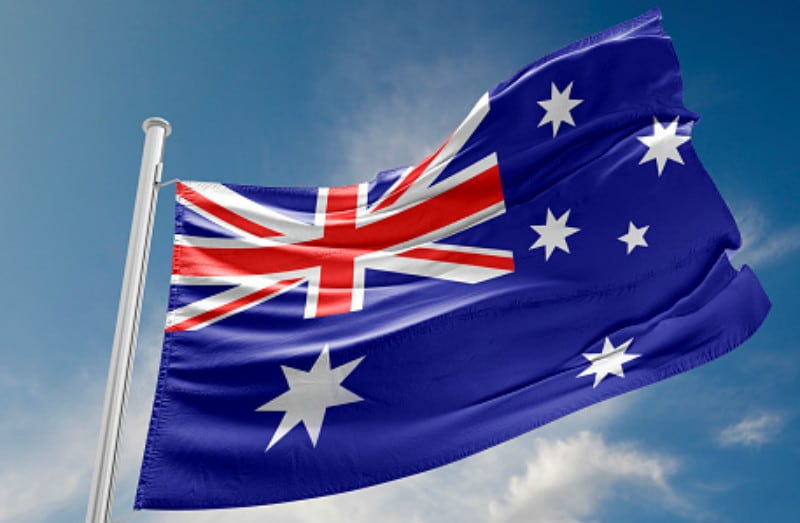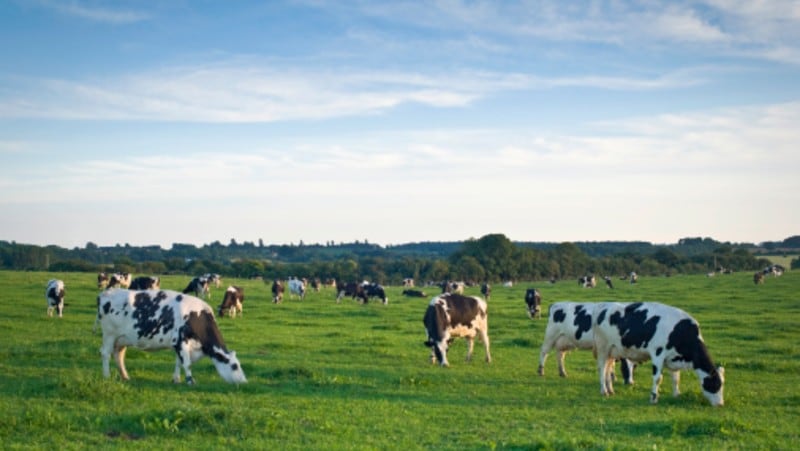China cultivated products optimism: Industry growth likely to ‘speed-up’ regulatory approvals – national working group
The rapidly growing number of food firms emerging in the cultivated products space in China, along with imminent product launches, is expected to speed-up the regulatory process in the country, according to the national working group.
The cultivated products sector is young in China, but the swiftly growing interest and number of firms getting involved is likely to speed up the policy process once understanding is complete, according to the working group heading the charge in China.
“Since 2019, there have been more and more firms getting interested in the cellular agriculture and cultivated products scene in China, so much so that there are even some local startups in the country now,” Ryan Xue, Deputy Secretary General of the Advisory Committee on Nutrition Guidance (ACNG) of the China National Food Industry Association and one of the leaders of the International New Protein Working Group told FoodNavigator-Asia.
New rules cut the mustard: Indian industry lauds government’s blended oil ban to prevent fraud and increase value
The edible oil industry in India has lauded the Food Safety and Standards Authority India (FSSAI)’s recent enforcement of a ban on blended mustard oils, saying it is crucial to prevent adulteration and drive premiumisation in the category.
FSSAI gazetted the banning of all blended vegetable oils containing mustard oil earlier this year, but only recently issued a formal order to the food safety authorities in all states and Union Territories in India.
“Any multi-source edible vegetable oil containing mustard oil manufactured on or after June 8 2021 [is prohibited and all] multi-source edible vegetable oils shall not be sold in loose form [but] in sealed package weighing not more than 15kg,” said FSSAI CEO Arun Singhal via a formal notice.
Organic RoboCop: South Korea warns ‘eco-friendly’ food firms that new robotic authentication scheme is ready to roll
The South Korean government has warned organic food firms and sellers to ensure the authenticity of product claims made online as a new robotic authentication system will be rolled out in July to intensify fraud detection, and severe penalties lie in wait for violators.
South Korea has been developing and piloting technologies to ensure local food safety, such as an app to trace imported food product safety earlier this year, and recently the government rolled out another technological tool, this time to crackdown on foods suspected of fraudulent organic, pesticide-free (minimal chemical fertiliser used) and other eco-friendly claims.
The new tool, based on Robotic Process Automation (RPA) and developed by the National Agricultural Products Quality Management Service (NAQS) will be used to crackdown on products which are falsely labelled as organic, eco-friendly or making other related claims online.
Palm oil trade war? ASEAN-EU relations sour over sustainability debate even as UK softens stance
Palm oil and sustainability disagreements have caused ASEAN-EU trade relations to sour even further over the past year with a potential trade war on the line, even as the UK has moved to soften its stance to cement better ASEAN relations post-Brexit.
Palm oil has become a major reason for stalled discussions in the ASEAN-EU Strategic Partnership joint working group, where so far not even a meeting agenda has been approved.
This is because the EU has been adamant on including the EU Green Deal, which features its Farm-to-Fork strategy. This is seen as being detrimental to palm oil-producing nations, so ASEAN has refused to accept it.
Safety and security: APAC cell-based meat sector calls for more organised IP protection and governance to accelerate scale-up
The cultivated meat sector in APAC is calling for the establishment of a non-biased entity to lay down proper industry governance and IP protection to provide a safe, secure environment for firms to share knowledge and collaborate towards scale-up.
This was the consensus reached by an expert panel on scaling cultivated meat production in the Asia Pacific region which convened at the recent Cellular Agriculture: Asia Summit 2021.
Much of the panel’s discussion was focused on IP protection as a major challenge faced by the industry today when it comes to collaborations and sharing knowledge, especially as the vast majority of firms in the cultivated meat space are still in the start-up stage.
Chief Executive of nanotech firm Cellivate Technologies Viknish Krishnan-Kutty said that the establishment of an entity to streamline initiatives in this space would increase the level of safety firms feel when it comes to collaborating, which would ensure better sharing and thus faster scaling up.
“Some kind of non-biased entity which puts governance and restrictions down would be ideal so that start-ups can feel safe in working with each other, knowing their data and IP is protected,” he said.





